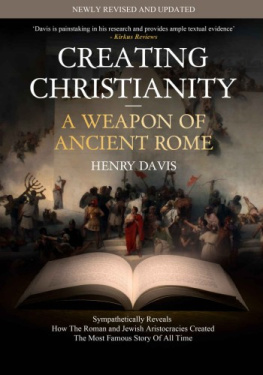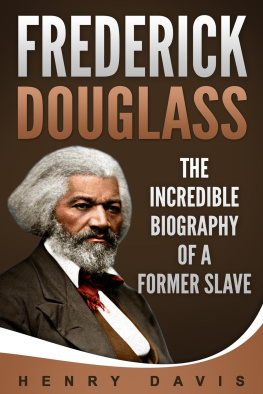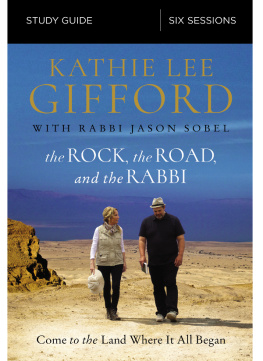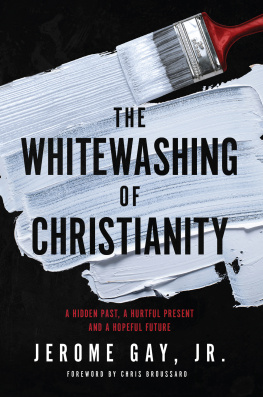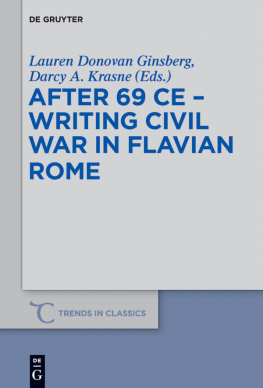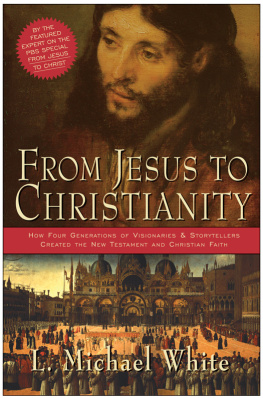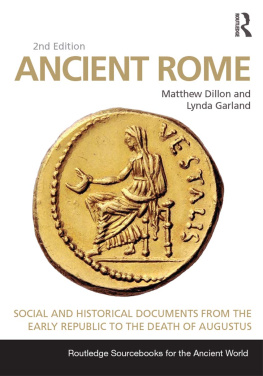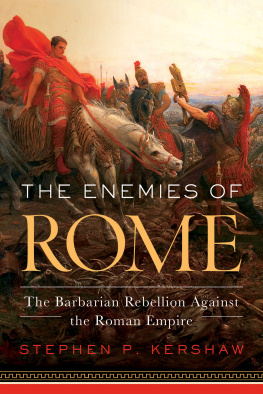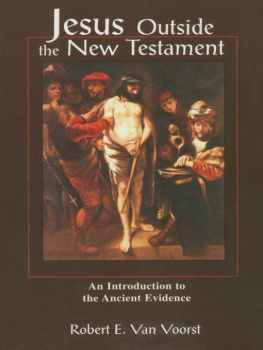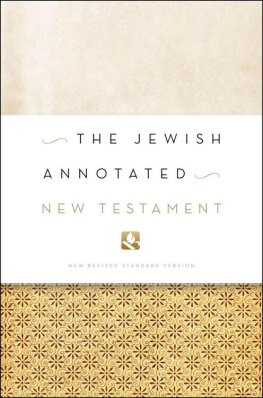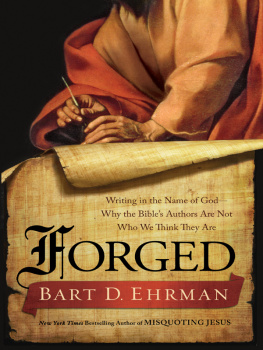Published by Independent Publishing Network 2018
Revised and updated version published 2020
Copyright Henry Davis 2020
The right of Henry Davis to be identified as the Author of this work has been asserted in accordance with the Copyrights, Designs and Patents Act 1988.
ISBN 978-1-78926-556-9 (Hardcover)
ISBN 978-1-78926-557-6 (Paperback)
ISBN 978-1-78926-558-3 (E-Book)
All rights reserved. No part of this book may be reprinted or reproduced or utilized in any form or by any electronic, mechanical or other means, now known or hereafter invented, including photocopying and recording, or in any information storage or retrieval system, without the permission in writing from the Author.
Contents
Tyranny, as I was saying, is monarchy exercising the rule of a master over the political society; oligarchy is when men of property have the government in their hands; democracy, the opposite, when the indigent (poor, needy), and not the men of property, are the rulers..
Wherever men rule by reason of their wealth, whether they be few or many, that is an oligarchy, and where the poor rule, that is a democracy .
-Aristotle
PREFACE
I owe a huge debt of gratitude to the many individuals (family and friends) who have helped and encouraged me during the process of writing this book, not only by checking the research but also through making me question the findings, to make sure my conclusions were both logical and informed. My sincere thanks also go to certain Cambridge and Oxford University professors for providing valuable feedback. As you have chosen to begin reading this book, I imagine you are either genuinely intrigued as to the information it presents, or, you may be looking to debunk yet another conspiracy theory regarding this subject, as I am fully aware that this information has been labeled as such. The history of this age is highly controversial, and the ancient evidence is not a quick read, and you may be unfamiliar with the many names examined in this investigation, for that reason, sometimes relevant evidence is repeated in order to explain these discoveries properly. As will be discussed in the book, in the time in which the New Testament and the works of the supposed Jewish Historian Flavius Josephus were written, the entire known world was being run by an oligarchy, where power rests with a small number of powerful people. There was no hope, or very little hope, of truthful information being included in anything that was written, because it all came from the same family who had hidden motives behind them. The reality was that the idea of all men being equal and free, and the concept of free speech was a very far-off goal for humanity.
I am aware that that last statement has a conspiracy ring to it, but the phrase, conspiracy theory, is an interesting one, the effect of its use can be to silence those who are the victims of a conspiracy or those who feel a conspiracy may be occurring. The expression, made popular by Sir Karl Popper in the 1950s, means we characterize an idea that appears impossible, as false, based on our own opinions or current knowledge. But we as a society know that people conspire, for example, it is widespread in politics, and taking the stance that all conspiracy theories are false and irrational is not logical, as it is simply not true. That is why it is so important to obtain as much information about a possible conspiracy as is possible, especially if there is a valid reason to do so, as the more information you have regarding a theory, the more adequately it may be verified or debunked. You may already be familiar with the major conflict this book focuses on, that being the Roman-Jewish War, which would be the greatest catastrophe in Jewish history before the Holocaust. If you are not familiar with that long religious, political war, which was a war, and not just a rebellion, as is so often stated, allow me to provide a brief introduction.
During the first century, Judea saw big political changes, and the people of Judea began fighting back against the injustice they were suffering under the rule of the Roman aristocracy. Judea was a client kingdom of Rome, and before Herod the Great had been installed by Rome to become King of the Jews, the rulers of Judea had cooperated with Rome in order to maintain their power. The Judean people were fighting back against the institution of slavery, the humiliation they were suffering because of their religion, and the extortionate taxes they were paying to the emperor, because of the corruption of the Roman governors of the countryside. In the year 66 CE, for example, a man named Gessius Florus , the last Roman procurator, who represented others in a court of law, in countries that continued to have a Roman civil law, stole vast quantities of silver from the Temple, declaring it was to be used as a tax payment for the emperor. The people were motivated to fight by the Jewish religious party known as the Pharisees, which would lead to the Pharisees gaining immense support from the people. The full-scale Jewish revolt against Rome would escalate into the main portion of the war, lasting from 66 CE to 70 CE, and a Roman general named Titus Flavius Vespasian would be sent by Emperor Nero to put an end to the revolt. The Romans defeated the Jewish people, however, complete victory would not be achieved by them until 73 CE, with their triumph at the Siege of Masada, a fortification in the Southern District of Israel. But back in Rome, by the year 68 CE, Emperor Nero, the man who we are told played the fiddle while Rome burned, persecuted Christians, and eventually lost the support of the rulers of the city, would become the victim of assassination.
Afterward, a year of civil war took place in Rome, as three different individuals tried to claim the throne. The historians of the time have told us that Neros assassination meant the Judean people considered this as another sign of divine intervention, that God had finally killed the emperor who was trying to oppress them. In their minds, history was repeating itself, as Emperor Caligula had been assassinated earlier, and when he had given orders for his statue to be placed in the Temple of Jerusalem, the Jews refused to obey his orders, as they worshipped scripture, not statues. Caligula raged at them, So you are the enemies of the Gods, the only people who refuse to recognize my divinity, and threatened to destroy the Temple, only his sudden, violent death saved the Jewish people from a massacre. With the death of Nero, Titus Flavius Vespasian traveled back to Rome in the late summer of 70 CE to become emperor, and his son, Titus, who would succeed him a few years later, took charge of the armies in Judea. It was Titus at that point who would start the siege of the city of Jerusalem and finally end the main part of the war. During the summer of 70 CE, the Romans breached the walls of Jerusalem and began an orgy of violence and destruction, then afterward, they destroyed the Second Temple, and we are told that about one million Jews lost their lives against Rome.
However, there is far more to this war than we have been led to believe, and the facts behind the battle between the Roman and Jewish aristocracies, and the Judean people have led me to write this book. It explains how the creation of Christianity came about as a result of this war and is essentially divided into two parts:
The first part of this book provides an introduction to the increasing tension that was developing between the people of Jerusalem and the aristocracy of Rome. It also investigates the claimed parallels discovered between the work of the Jewish Historian, Flavius Josephus, and the ministry of Jesus as described in the Gospels. The parallels and connections between the Gospels and the work called The Jewish War , also referred to in English as The Wars of the Jews , have been noticed by scholars before, for example, by a man named Bruno Bauer, a German philosopher, theologian, and Biblical critic. But some connections are so obvious, one has to wonder why they had not been investigated further by those scholars who have noticed them, perhaps their personal beliefs allowed bias to come before logic. What brought these parallels to recent mainstream attention was a book called Caesars Messiah , written by a scholar called Joseph Atwill . Joseph concluded that because the Gospels emerged during the reign of the Flavian Emperors, Vespasian , and Titus after Jerusalem was destroyed in 70 CE, that they must have been ultimately responsible for their creation. His conclusion was logical, as it was based on the evidence he had seen and could understand, however , his conclusion is inaccurate, and the second part of this book will explain why the parallels alone do not provide enough evidence of a Roman New Testament creation.
Next page
